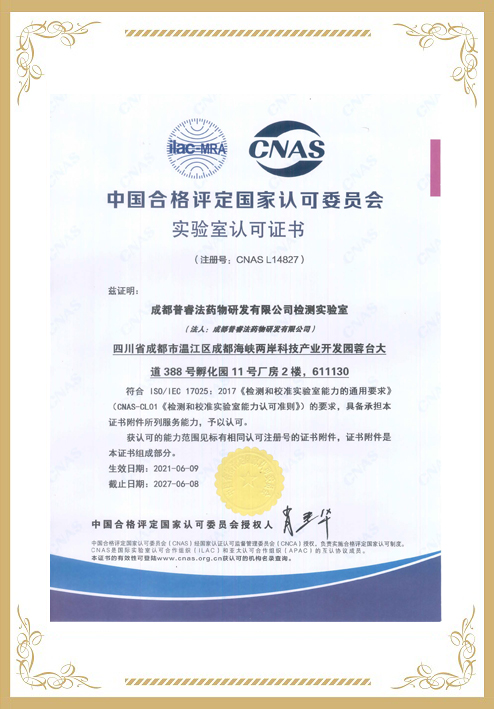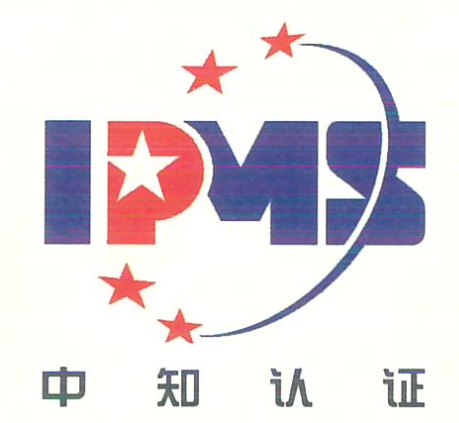Autism spectrum disorder (ASD) is a multifaceted neuropsychiatric condition for which effective drug therapy for core clinical symptoms remains elusive. Lotusine, known for its neuroprotective properties in the treatment of neurological disorders, holds potential in addressing ASD. Nevertheless, its specific efficacy in ASD remains uncertain. This study aims to investigate the therapeutic potential of lotusine in ASD and elucidate the underlying molecular mechanisms. We induced an ASD mouse model through intracerebroventricular-propionic acid (ICV-PPA) injection for 7 days, followed by lotusine administration for 5 days. The efficacy of lotusine was evaluated through a battery of behavioral tests, including the three-chamber social test. The underlying mechanisms of lotusine action in ameliorating ASD-like behavior were investigated in the medial prefrontal cortex (mPFC) using whole-cell patch-clamp recordings, western blotting, immunofluorescence staining, molecular docking, and cellular thermal shift assay. The efficacy and mechanisms of lotusine were further validated in vitro. Lotusine effectively alleviated social deficits induced by ICV-PPA injection in mice by counteracting the reduction in miniature excitatory postsynaptic current frequency within the mPFC. Moreover, lotusine enhanced neuronal activity and ameliorated α-amino-3-hydroxy-5-methyl-4-isoxazolepropionic acid receptor dysfunction in ICV-PPA infusion mice by upregulating c-fos, p-GluA1 Ser 845, and p-GluA1 Ser 831 protein levels within the mPFC. Our findings also suggest that lotusine may exert its effects through modulation of the D1 dopamine receptor (DRD1). Furthermore, the rescuing effects of lotusine were nullified by a DRD1 antagonist in PC12 cells. In summary, our results revealed that lotusine ameliorates ASD-like behavior through targeted modulation of DRD1, ultimately enhancing excitatory synaptic transmission. These findings highlight the potential of lotusine as a nutritional supplement in the treatment of ASD.























